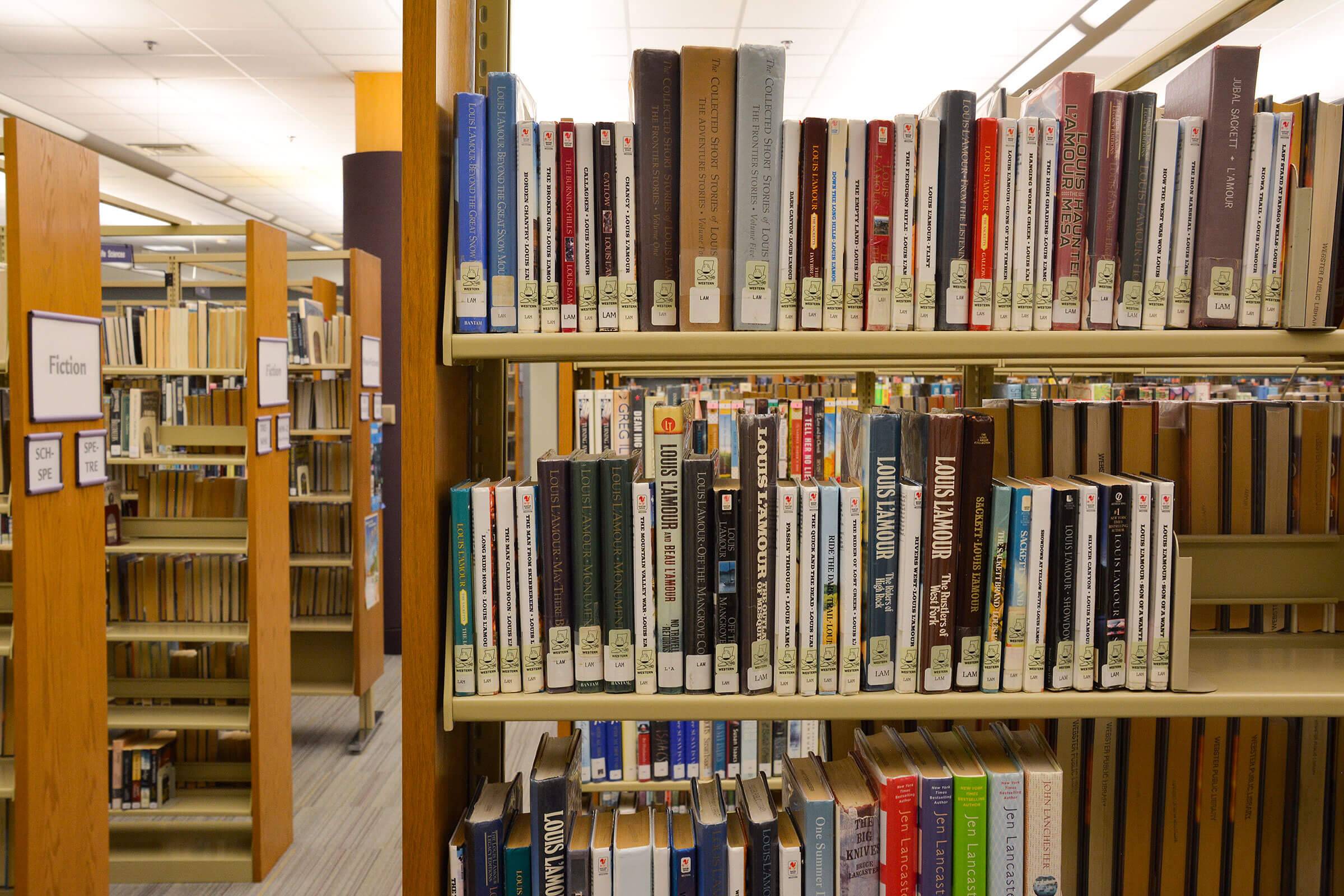Do you agree that the primary purpose of the Arts, whether music, painting, drama or literature, is to entertain?
As Professor Joad used to say, it all depends what you mean by entertain. If the word means make one laugh, then there is obviously more to the Arts than that. Of course, we do laugh at comic songs, as in the Gilbert and Sullivan operas, at wit and topical comment in newspaper cartoons, at farce on the stage, and at the likes of P G Wodehouse and Mark Twain in novels, and why not? The dictionary gives a wide definition of entertain -- to amuse, to occupy pleasurably. People obtain pleasure from many things, and so yes is the logical answer to the question.
The intelligentsia would answer no, in any country. Many seem to think that the theatre exists to make political points, or to make us think about some social problem, or to express the prejudices of the author. Of course serious writing, of whatever kind, should be free to deal with serious subjects; music and painting are seen as vehicles of getting across some message or other. Yet it is a strange co-incidence that without heavy subsidies from the state or some business source, intellectual Art in general could not exist. Where there is an attempt to give pleasure rather than to instruct, the public is far more likely to be prepared to pay to support the Arts.
In its early days, the British Broadcasting Corporation defined the object of sound, and later, television broadcasting as being to entertain, inform and educate, in that order, and there has been no reason to change that order of priorities. Other countries may have different objectives. Some regard the media as a tool of government. Others relinquish all control and place the media in the hands of advertising sponsors, allowing standards to find their own level on the basis of public popularity. Britain may have the best answer. Although funded from the license fee, the Corporation remains independent of Government. At the same time it has to compete with the Independent Television Authority for support. This saves the BBC from becoming too stuffy, and the ITV from dropping its standards to suit the lowest tastes. Cable television will bring wider choice, and the result of that remains to be seen.
While they keep their independence, the media are free to respond democratically to public demand. In Britain, this demand is for entertainment which makes few if any intellectual demands. So we suffer a spate of situation comedies, soap operas and panel games monopolizing the prime viewing times. More intellectual programs are relegated to the early or late time slots; they comprise political and social comment, opera, ballet, serious music, documentaries, and programs concerning the Arts in general, religion included. In all fairness, it has to be said that Channel 2 is almost entirely given over to serious viewing.
Should preference be given to popularity ? Should people be given what they want, or what somebody else thinks is good for them ? We return to the purpose of the Arts. Their purpose is to occupy leisure time pleasurably.
The problem with many exponents of the Arts is that their work has a minority appeal. Musical appreciation depends on personal taste, but most people like a recognizable and memorable tune. Most people prefer representational painting. Most people enjoy drama which has a beginning, a middle and an end. Most people buy a book because it is a good read.
The popularity test has been in question for a long time. Subject matter has broadened, and themes now cover the whole spectrum of life. Traditional and conventional themes have been abandoned. So much music has become tuneless, and dissonant. The theatre preaches sociology and politics. Painting and sculpture take some abstract form, personal to the artist. Literature, at least among highbrows, must be literary. No doubt all this has made people think, perhaps discuss, more than they once did. Yet, the fact that in Britain the Arts have to be supported by government handouts via the Arts Council speaks for itself.
Whatever the intellectuals may think is good for us, the paying public will always vote with its feet. Entertainment in the widest sense remains the primary objective of the Arts, if the Arts are to survive.




No comments yet
Be the first to share your thoughts!